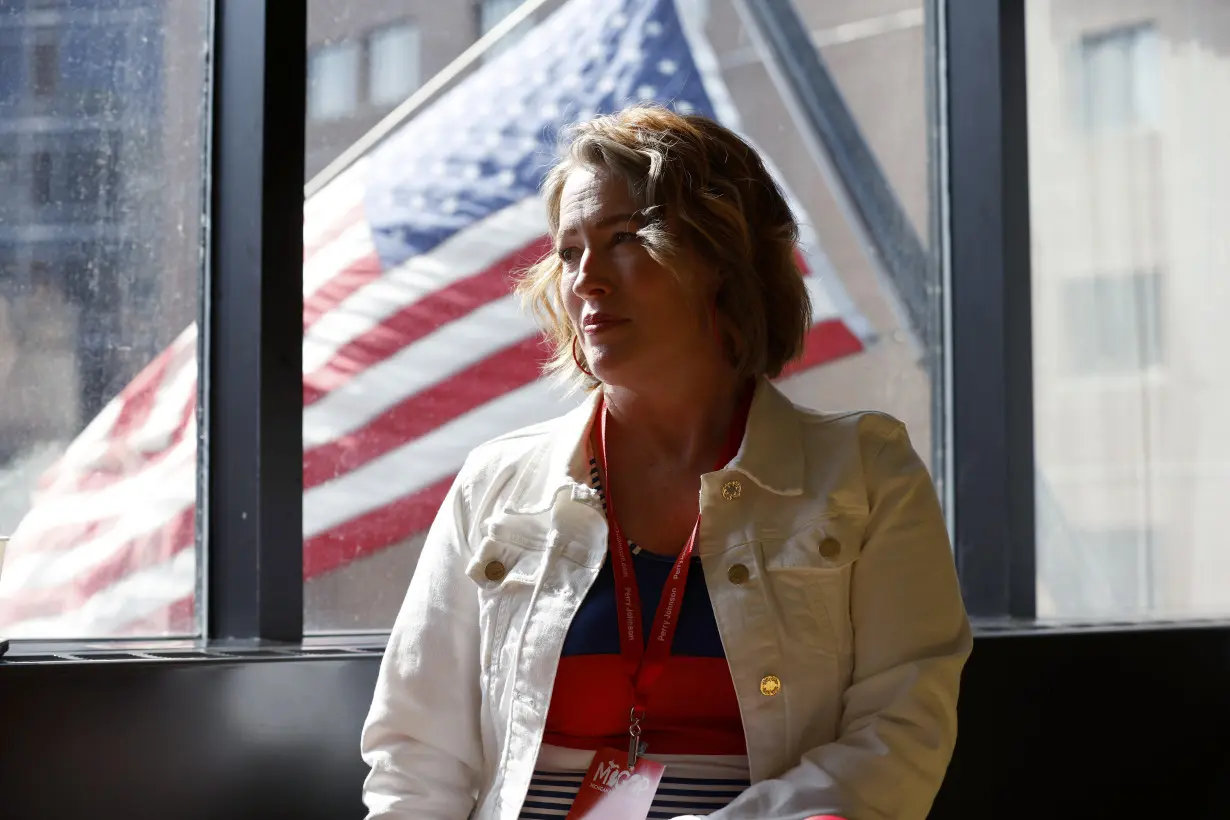More delegates are up for grabs Saturday as former President Donald Trump looks to get closer to clinching the Republican nomination and former U.N. Ambassador Nikki Haley seeks her first win.
Trump, who is especially strong in caucuses, is expected to add to his delegate lead in Republican caucuses in Idaho and Missouri, as well as at a party convention in Michigan.
There are no Democratic contests on Saturday.
The next contest is the GOP caucus in Washington, D.C., on Sunday. Two days later is Super Tuesday, when 16 states and American Samoa will hold primaries on what will be the largest day of voting of the year outside of the November election. Trump is on track to lock up the nomination days later.
Last year, Idaho lawmakers passed cost-cutting legislation that was intended to move all the state’s primaries to the same date in May — but the bill inadvertently eliminated the presidential primaries entirely. The Republican-led legislature considered holding a special session to reinstate the presidential primaries but failed to agree on a proposal in time, leaving both parties with presidential caucuses as the only option. The GOP presidential caucuses will be on Saturday, while the Democratic caucuses aren't until May 23.
The last GOP caucuses in Idaho were in 2012, when about 40,000 of the state’s nearly 200,000 registered Republican voters showed up to select their preferred candidate.
For this year, all Republican voters who want to participate will have to attend in person. They will vote after hearing short speeches by the candidates or their representatives.
If one candidate gets more than 50% of the statewide votes, that candidate will win all the Idaho delegates. If none of the candidates gets more than 50% of the votes, then each candidate with at least 15% of the total votes will get a proportionate number of delegates.
The Idaho GOP will announce the results once all the votes are counted statewide.
Trump placed a distant second in the 2016 Idaho primary behind Sen. Ted Cruz of Texas.
The Missouri Republican Party will hold presidential caucuses on Saturday, offering state voters their only chance to weigh in on who should represent the party on the November presidential ballot.
This year will be the first test of the new system, which is almost entirely run by volunteers on the Republican side.
The caucuses were organized after GOP Gov. Mike Parson signed a 2022 law that, among other things, canceled the planned March 12 presidential primary.
Lawmakers have failed to reinstate the primary despite calls to do so by both state Republican and Democratic party leaders. Democrats will hold a party-run primary on March 23.
Trump prevailed twice under Missouri's old presidential primary system.
A Michigan GOP convention in Grand Rapids on Saturday will allocate 39 of the state’s 55 GOP presidential delegates, but a significant portion of the party’s grassroots force won’t be attending due to the aftereffects of a months-long dispute over who is leading the party.
Still, the party is expected to unite behind Trump on Saturday.
Trump won Michigan’s Feb. 27 Republican primary handily, receiving 68% of the vote compared to Haley’s 27%.
The win gave a clear indication of Trump’s standing in Michigan ahead of November, but a majority of Michigan’s GOP delegates will be awarded Saturday.
Michigan Republicans were forced to split their delegate allocation into two parts after Democrats, who control the state government, moved Michigan into the early primary states, violating the national Republican Party’s rules.
___
Associated Press writers Rebecca Boone in Boise, Idaho; Joey Cappelletti in Lansing, Michigan; and Summer Ballentine in Jefferson City, Missouri, contributed.



